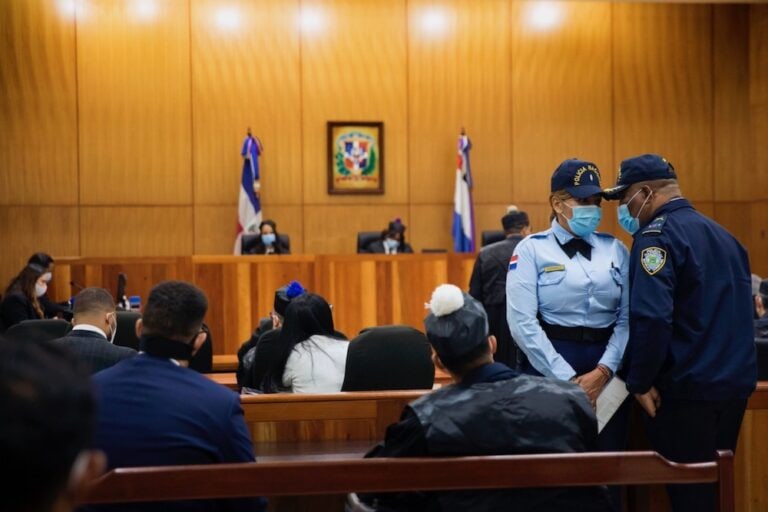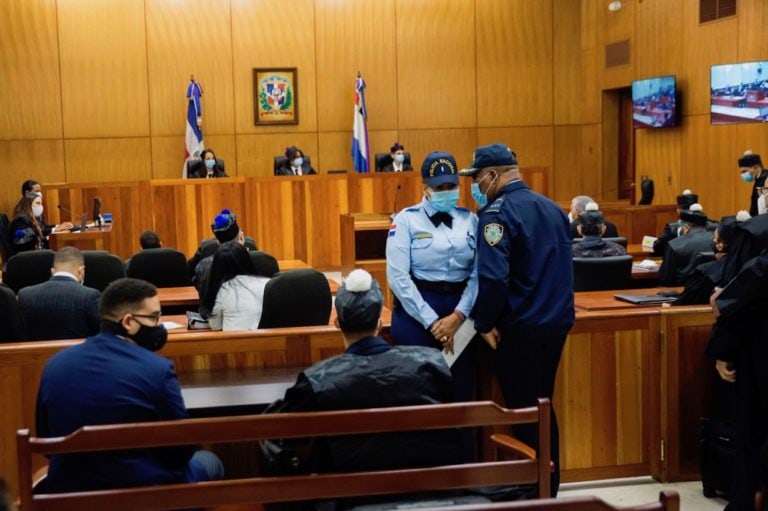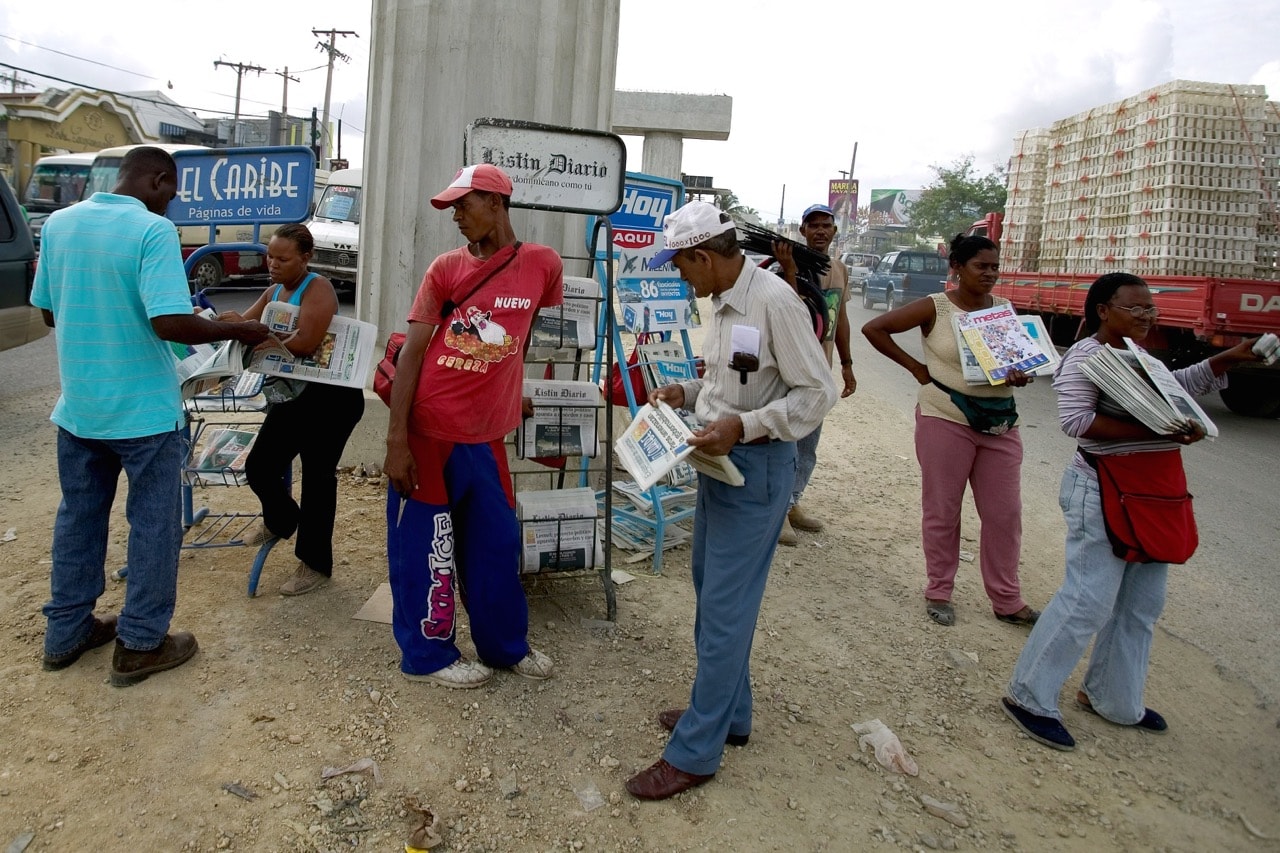(IAPA/IFEX) – The following is a 23 May 2005 IAPA press release: IAPA pleased over repeal of regulation in Dominican Republic Miami (May 23, 2005) – The Inter American Press Association (IAPA) expressed today its satisfaction over the positive response of the President of the Dominican Republic, Leonel Fernández, who overturned a decree that established […]
(IAPA/IFEX) – The following is a 23 May 2005 IAPA press release:
IAPA pleased over repeal of regulation in Dominican Republic
Miami (May 23, 2005) – The Inter American Press Association (IAPA) expressed today its satisfaction over the positive response of the President of the Dominican Republic, Leonel Fernández, who overturned a decree that established serious limitations to the exercise of freedom of expression.
“We are satisfied by the decision of President Fernández, since keeping a regulation that violated principles of freedom of the press and of expression meant condemning future generations to self-censorship,” stated Gonzalo Marroquín, chairman of the Committee on Freedom of the Press and Information.
After being in effect for only a few weeks, Regulation # 301-05 on the operation and powers of the National Commission on Public Performances and Broadcasting was overturned last Thursday by presidential decree and a team of experts was charged with preparing a draft legislative bill on the matter that is more appropriate for the country’s current situation.
Commenting on the president’s decision, Rafael Molina, IAPA’s second vice president, expressed that “it is important that the team in charge of drafting the new bill do so as soon as possible since there is another regulation, Number 824, which also contains problems for freedom of expression.”
The overturned regulation for the Functioning and Organization of the National Commission on Public Performances and Broadcasting, charged the Commission with the responsibility for preventing transmission by the media of content offending the nation’s morals, decent behavior and social principles, or of alarming news such as fires, hurricanes, earthquakes, tidal waves, floods, etc., without approval and proper authorization. It also empowered the Commission to suspend radio or television broadcasts of any kind, among other provisions that limited the public’s right to receive information.


